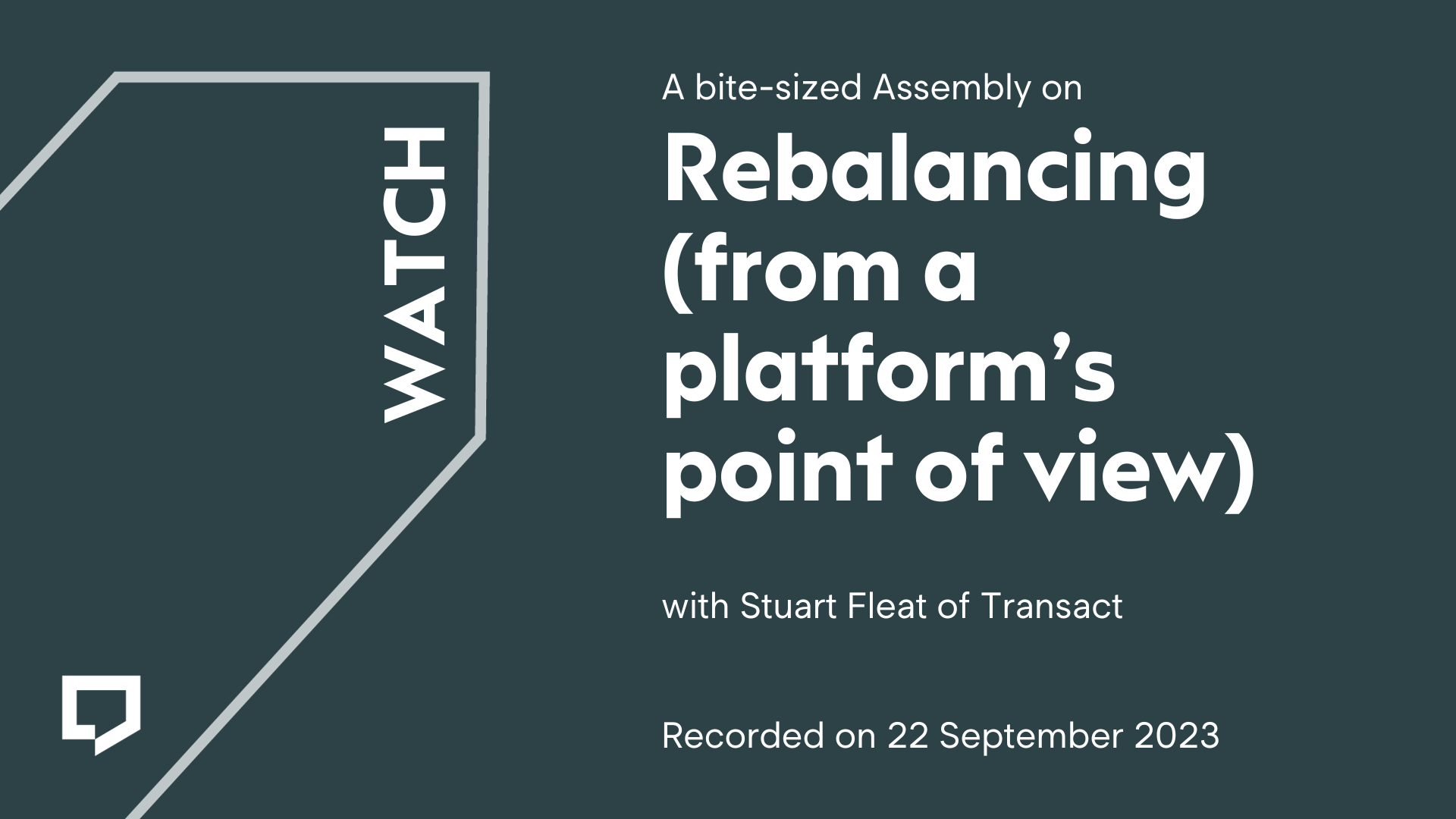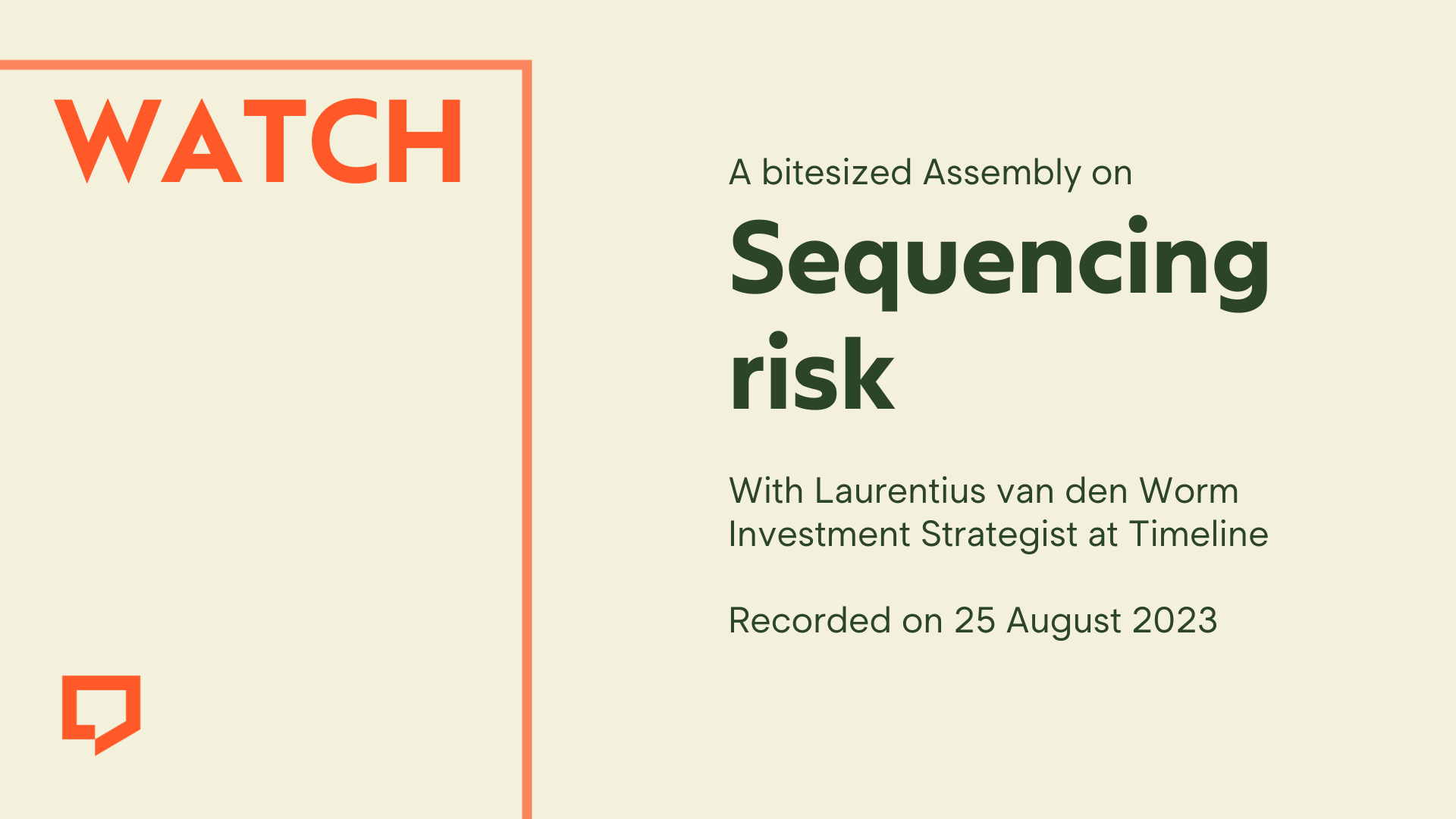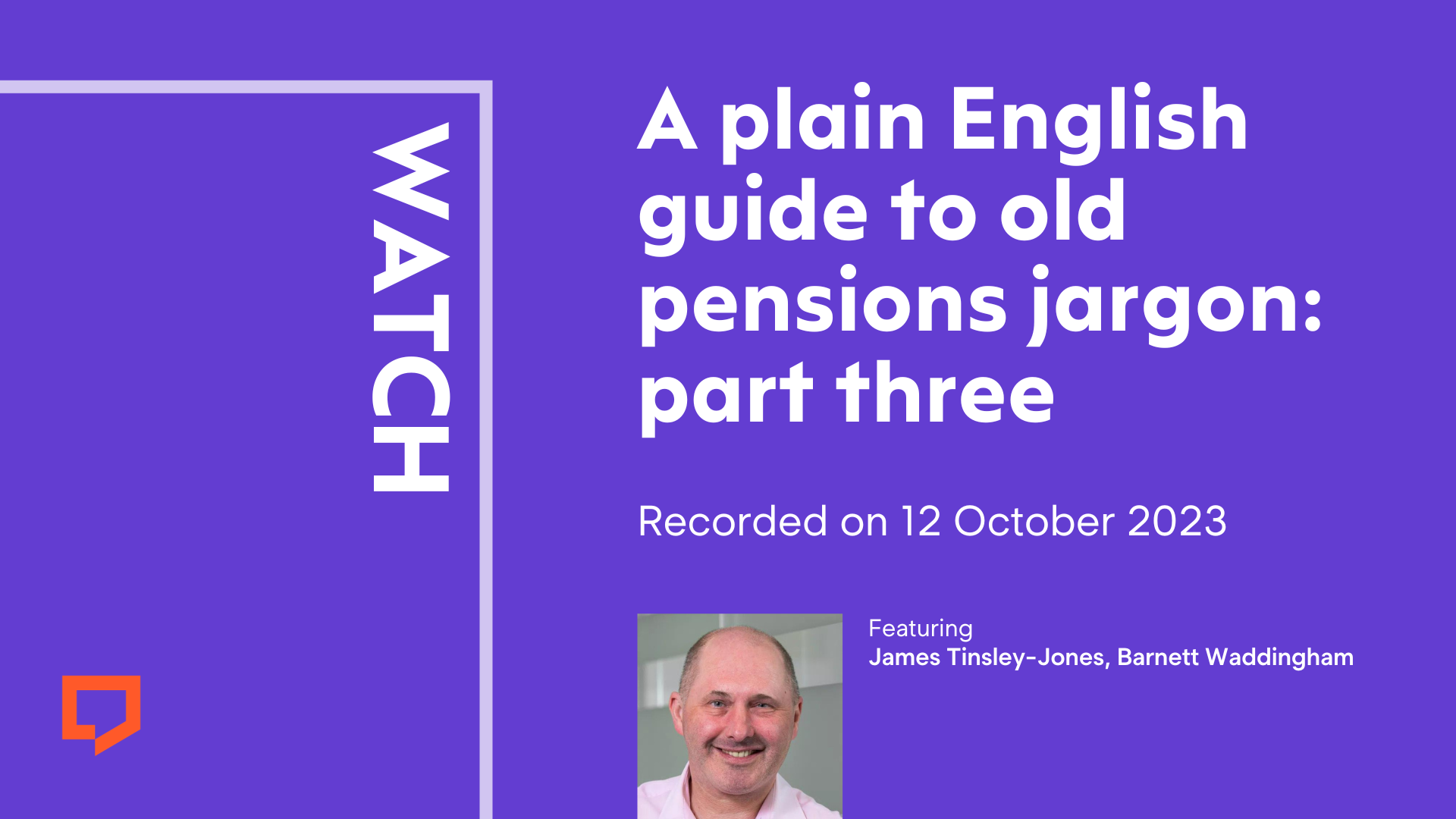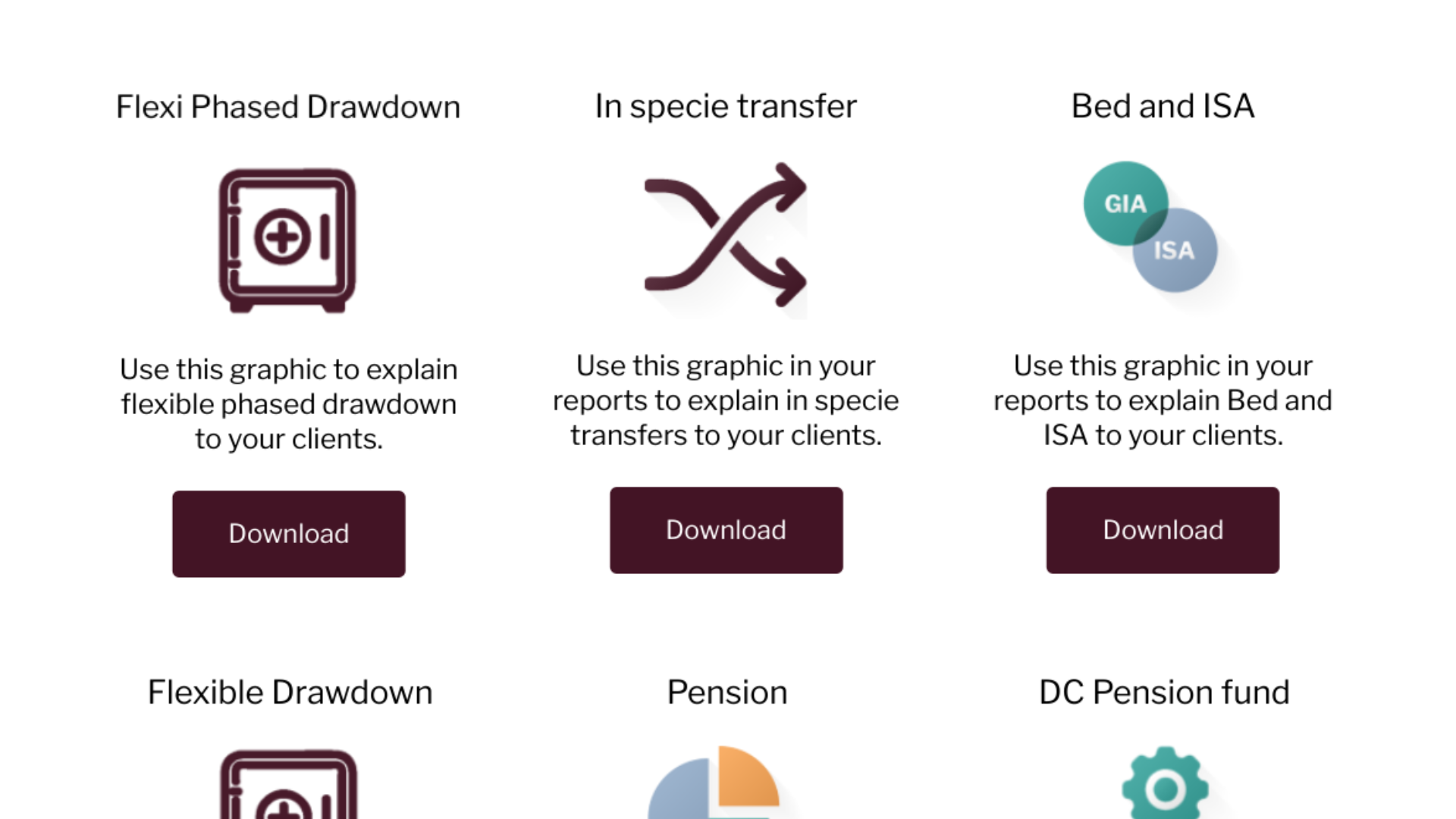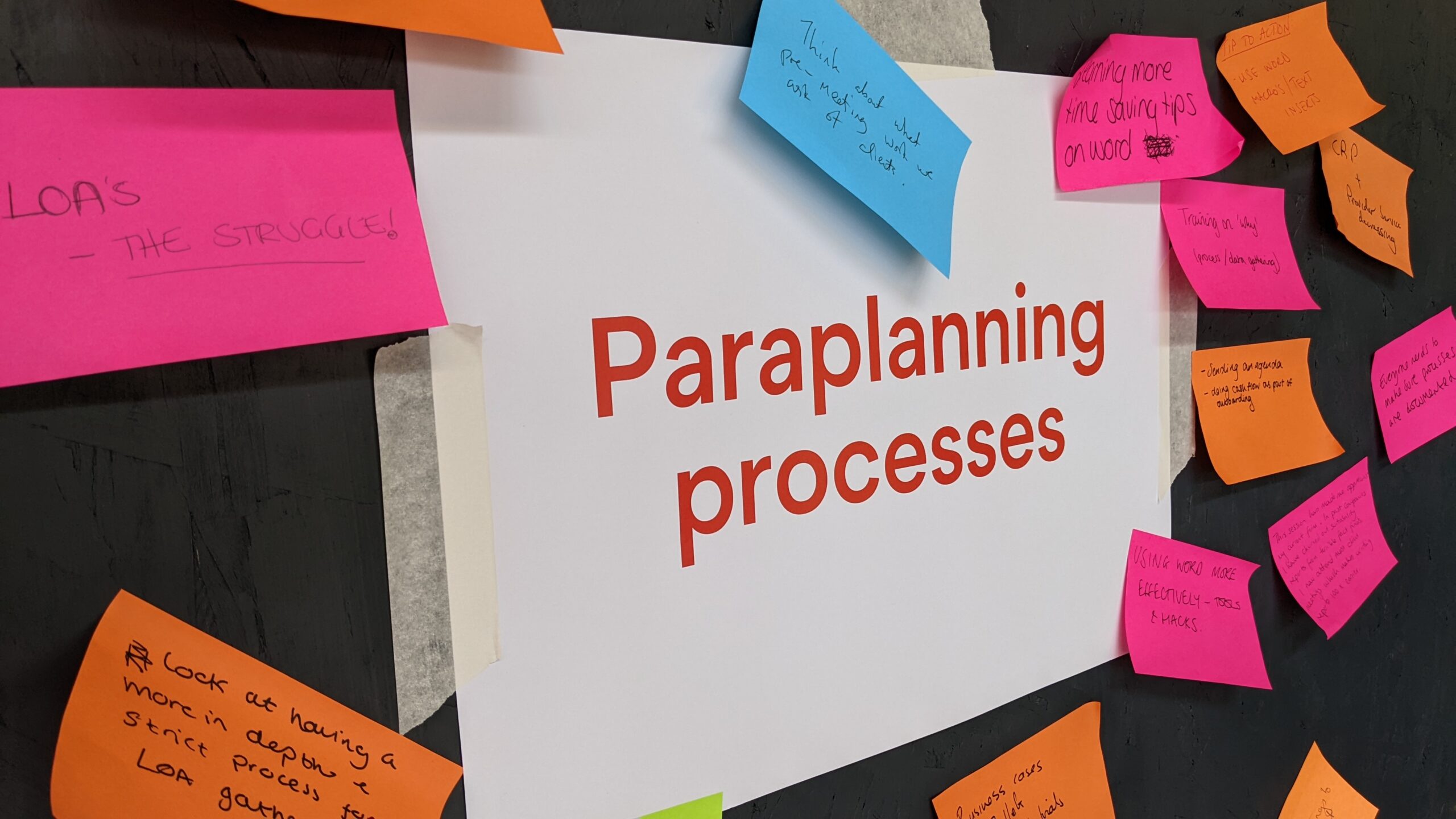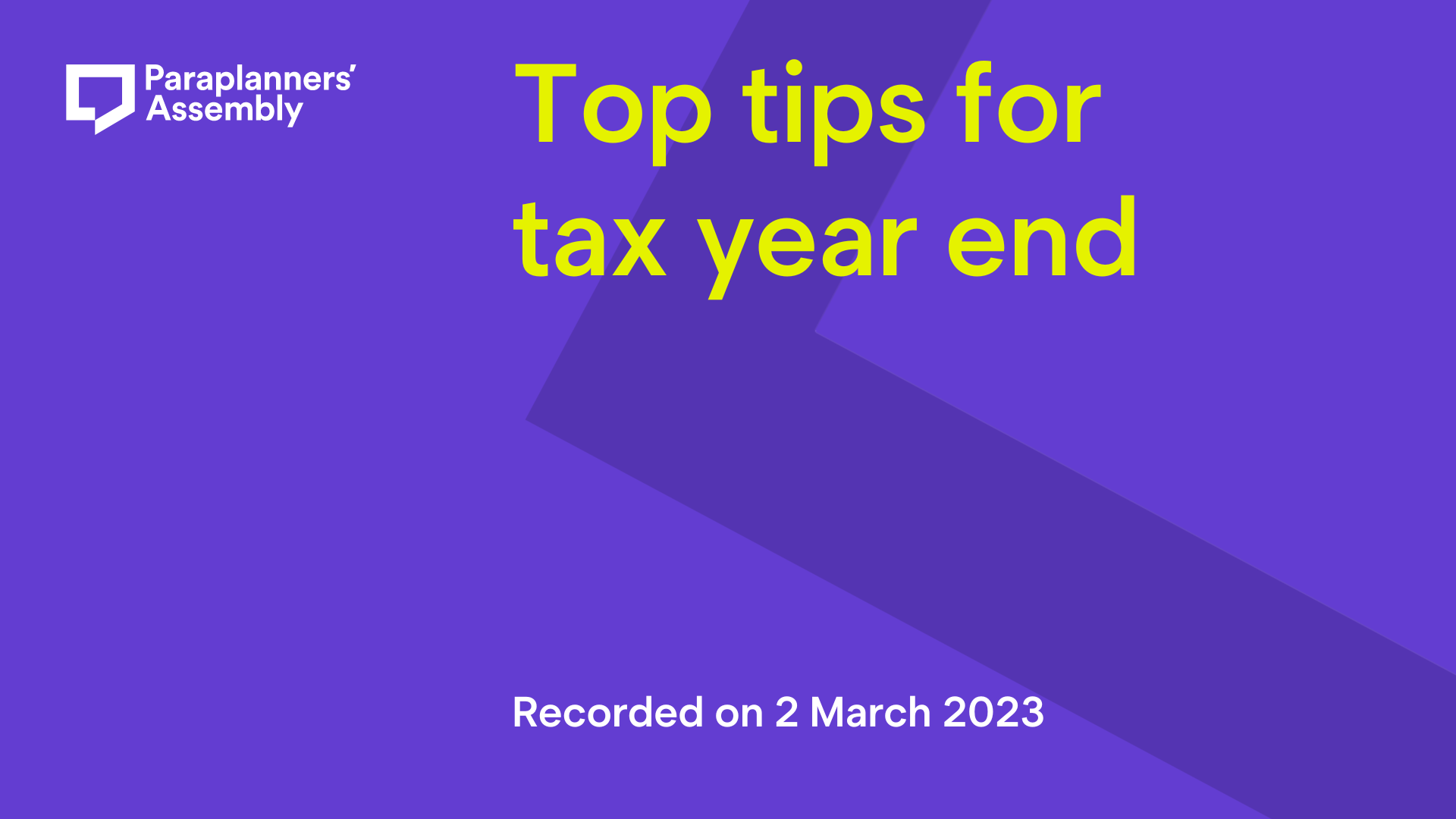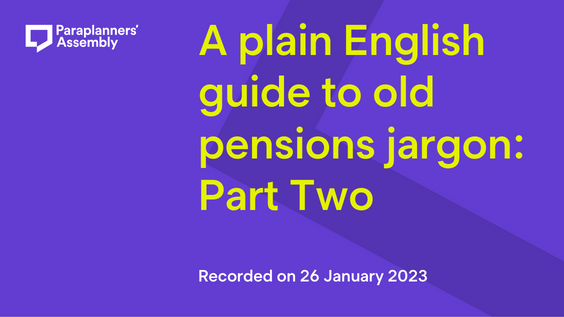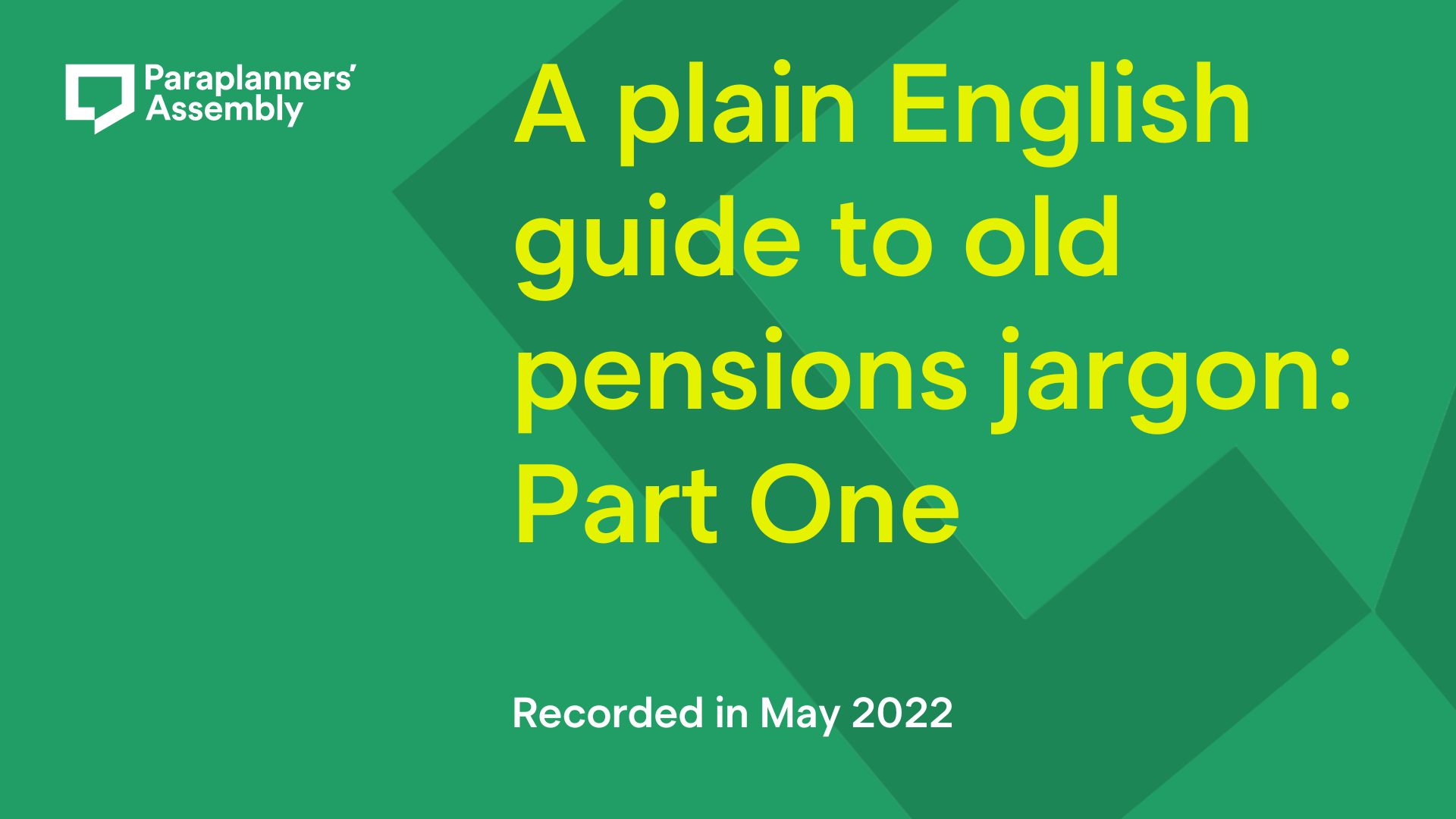Our friends at Aegon are doing a lot of work around financial wellbeing. Dr Tom Mathar, Centre for Behavioural Research, Aegon UK and one of the experts on this online assembly, would like to share some thoughts with you.
Life is unpredictable and changes constantly. But what remains is our need for financial security and peace of mind. And with the rise of DIY platforms and robo-advice breaking through an industry focusing on three things – alpha, asset allocation and charges – the value of advice needs to go further. That’s where financial wellbeing can play its part.
So what is financial wellbeing?
Financial wellbeing is how people feel about the control they have over their financial future – and their relationship with money. It’s about focusing on the things that make their life more enjoyable and meaningful – both now and in the future.
What we focus our mind on matters
Everyone’s idea of financial wellbeing is different – from having enough money to live comfortably, making large purchases (planned or unexpected), to being able to repay outstanding debts, as well as being on track with savings and pensions to cover later life.
But you can easily break financial wellbeing down into two things for your clients:
- Financial resilience – do they have enough to pay for what they need now and in the future.
- Focus – are they paying attention to what really makes them happy.
Financial wellbeing building blocks
We found that money building blocks and mindset building blocks are necessary to build financial wellbeing.
As part of our latest research[1] we asked people about their financial resilience and their ‘mindset’ – how they think about money, and we created a scale to help clients picture it:
5 money building blocks
- Income
- Rainy day fund
- Manageable debt
- Smart long-term savings
- Valuables that make us feel secure long term, like property
5 mindset building blocks
- Knowledge of what makes us happy
- A solid picture of our future self
- Savvy social comparisons
- A long-term plan
- Strong nerves in a crisis (resilience)
But it’s also about balance. Even if your clients have their money building blocks nailed, they won’t achieve optimal levels of financial wellbeing without a well-considered and focused mindset too.
What was clear from our research was that mindset scores were lower than money scores, and the mindset scores didn’t improve at the same pace as peoples’ incomes were.
Common mindset problems
Lower mindset scores were a result of several factors including:
- 38% of people have only a vague idea of where they want to be (financially, socially, physically etc) in 10 years’ time vs 29% with a specific idea.
- 28% have only a vague sense of what gives them joy or purpose which are key elements of happiness.
- 87% of people don’t have a financial plan to achieve long-term goals.
- 16% of people frequently compare their finances to the finances of those better off than them with younger people far more likely to do so.
- Only 17% of people were able to answer at least four out of five basic financial literacy questions correctly.
Five tips to adjust your client’s mindset and improve their financial wellbeing
Use the tips below with your clients to reframe your conversations and check-ins and encourage them to think about what gives them joy and purpose.
- Ask them to put happiness first – alert them to be conscious of the things that give them sustained happiness – be that joy or purpose. And that they’re spending time, energy and money on those things with their future happiness in mind.
- Savvy social comparisons – if they’re making social comparisons, encourage them to be healthy and realistic, instead of them comparing to people whose financial lives appear better. Or even suggest they use their past self as a comparison to measure how far they’ve come.
- Help them picture their future self and lifestyle – encourage your clients to spend time regularly visualising their future self and what they might be doing. By paying attention to the life they want to live, pension and investment goals to achieve that lifestyle, can keep them on track. It’s also important for your clients to think about what protection they have in place if something unexpected derails them.
- Make a long-term plan together and write it down – people who write out a financial plan save more regularly and do better financially.
- Reassure them to hold their nerve in a crisis – if your clients are tempted to change their long-term investments, get them to remember why they started saving so they don’t panic and do anything they might regret.
Get started
We’re committed to working with you to help identify advice opportunities and support your clients throughout their lifetime.
To read our research in full and share with your clients, download our digital flipbook – How you can improve your financial wellbeing
We’ve also created a summary guide of the research – Our insight into the nation’s financial wellbeing – designed especially for intermediaries, paraplanners and employers.
For other financial wellbeing support and research, visit aegon.co.uk/financialwellbeing
[1] Research conducted in August/September 2020, based on 10,466 nationally representative UK residents



